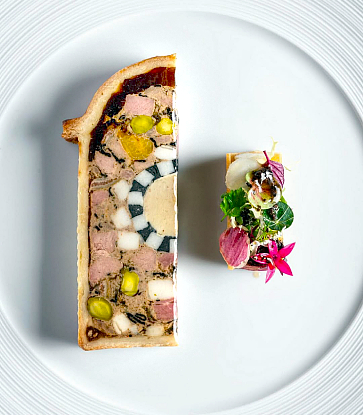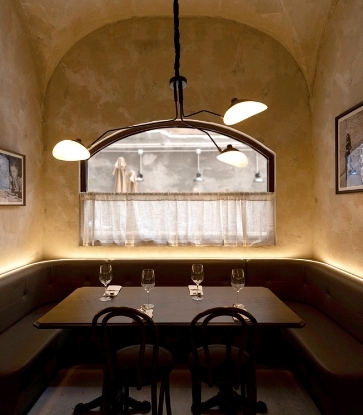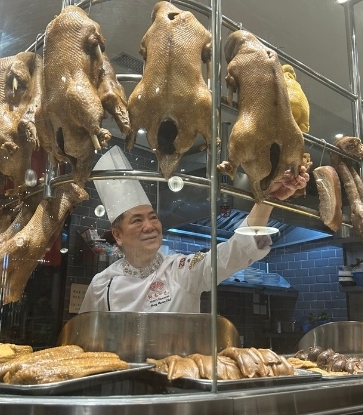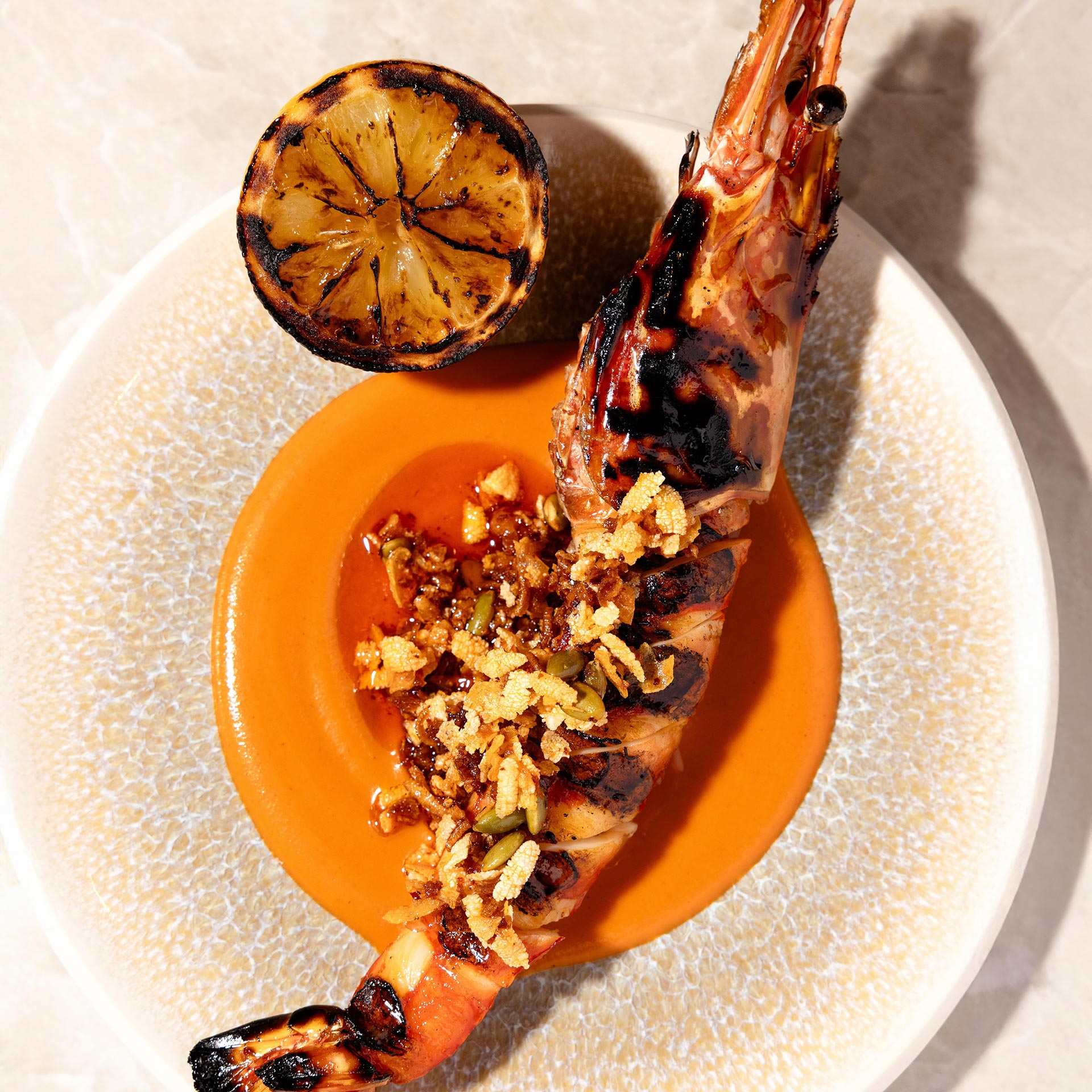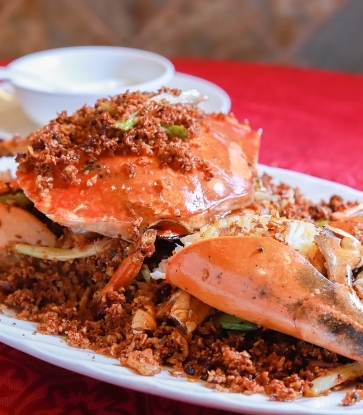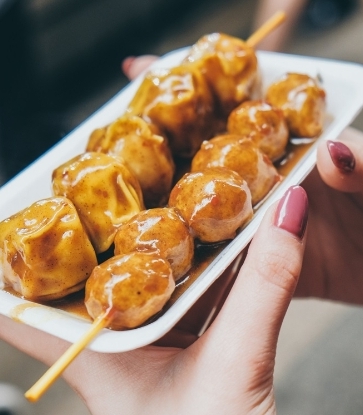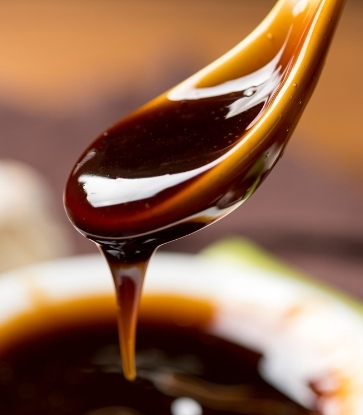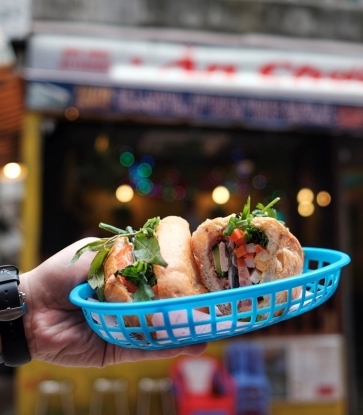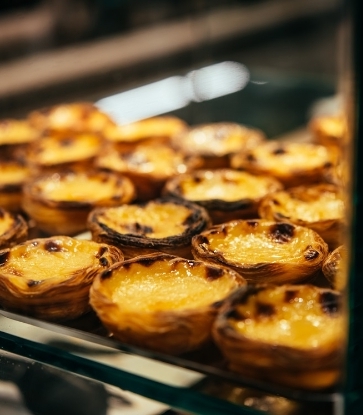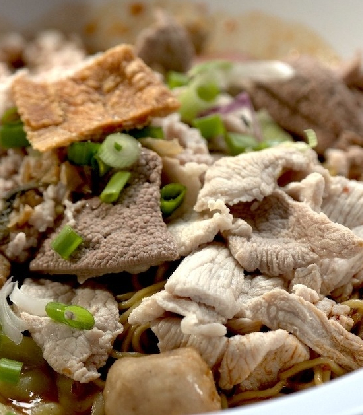Beef brisket is no stranger to those who frequent Chinese restaurants and noodle joints.
You can find it served in various ways in Hong Kong, such as in a Teochew-style galangal-rich broth, marinated in five spices, braised with chu hou sauce, or in a clear broth. The latter is the most popular of them all, and Sister Wah is a specialist in this style of preparation. Located along Electric Road in Tin Hau, a quiet residential neighbourhood just a stone's throw from bustling Causeway Bay, Sister Wah has been featured in the MICHELIN Guide since 2012. In addition, it has made the list of Bib Gourmand Restaurants every year from 2014 to 2020.

Continuing Mum’s Legacy
Alfred Wong Kwok Wah is one of the eatery's second-generation owners who runs the shop with his brother Wong Shu Wah, who is the chef. Wong recalls the early days of the business with mixed emotions.
“We opened in 2003. At that time, Hong Kong was suffering from the outbreak of SARS. The economy was not doing well, and neither was our business at the beginning,” he recalled.
But he and his family persevered and gave the business their best. After two to three years, the restaurant’s financial position gradually stabilised under the leadership of Wong’s mother, Chan Yee Wah. Better known as Sister Wah, she loved to cook and had spent her younger days cooking at a clubhouse restaurant and other beef brisket shops until she retired.
“My mum had a lot of energy and found the life after retirement boring. So she decided to open a restaurant to sell her signature brisket in clear broth,” Wong said.

Over the years, Chan ran the small shop with her family. She stepped down in 2012 and died the year after due to health problems. Even in her final days, she still cared deeply about Sister Wah and reminded her family to keep it going. In the hopes of spreading his mother’s legacy, Wong opened branches in Kennedy Town and Hung Hom, but later closed them to concentrate on business in the original location.
“It’s not easy to make beef brisket in clear broth, to make it well and stay consistent. We couldn’t find the right employees to help, so we decided to close the other shops. Quality is the most important thing we insist on. We can’t put our mum’s reputation on the line,” Wong said firmly.

Fresh Is Best
Beef brisket in clear broth is something many people can make and there are many recipes for it available online. To excel in cooking the dish, however, is not an easy feat at all. Wong's mother insisted on using only locally butchered beef brisket and frozen produce, while 20% to 30% cheaper, are a big no-no. To maintain the best flavour in the meat, the restaurant prepares the brisket on the day it is butchered.
Their insistence comes with a price. The freshly butchered beef brisket Sister Wah depends on is not always available. For instance, the outbreak of the African Swine Fever in 2019 forced slaughter houses to cease operation temporarily, which affected the restaurant's supply of local beef. Sister Wah had to close temporarily, even though it had to continue paying the rent with no income.
Wong and his employees report for work daily at 6am. They dedicate their mornings to preparing the beef sent by the local butcher, by first rinsing it then blanching, seasoning and simmering it it with aromatics. This process cannot be taken lightly. Wong did not want to reveal too much about his secret recipe, and would only acknowledge the use of some common ingredients like dried tangerine peel and ginger. And for good reason: diners can tell how unique Sister Wah's broth is when they take their first sip. The clear broth is not oily, and has a distinct aroma from the herbal additions.
The cooking time for the brisket is determined daily after each morning's meat delivery. In general, the older the cow, the longer the beef will take to cook, but getting the timing just right requires precision, says Wong. “It's not a case of the longer, the better. The cooking time should be between one-and-a-half hour and two hours. The simmering should stop when the meat is bouncy and infused with the flavours of the spices,” he shares.

A Taste Of Shanghai
Sister Wah serves its beef brisket in two ways — with or without noodles — and diners can top-up their order with additional ingredients like beef balls and fish balls. Sister Wah also offers different cuts of beef, such as boneless short ribs and butterfly brisket. But due to the limited supply of fresh meat, whether you can find your favourite cut on every visit is up to your luck.
Besides beef brisket, Sister Wah offers various Shanghainese dishes like dan dan noodles, wonton in chilli oil and pork rib noodles. When Chan took over the shop's venue, she decided to continue serving the Shanghainese dishes offered by the preceding tenant, Wong explains.
Despite not being Shanghainese, Chan’s rigorous culinary principles — such as using only locally produced flour and purchasing fresh pork — ensured her creations did not deviate from the authentic versions. These principles are still strictly followed by Wong’s family.
Wong and his family are thankful that their hard work has paid off.
“This shop is the best present my mum left us. We will always take good care of it,” he said. “We are also grateful to the recognition of the MICHELIN Guide to make more people learn about us. It’s absolutely an encouragement to push us to do better and spread my mum’s passion for cooking.”
The recent outbreak of the novel coronavirus virus Covid-19 in the region has affected their business significantly, Wong says, but they have no plans to close or shorten their operation hours.
Instead, they have started working with a delivery company to try to get more business. "We opened in 2003 when SARS happened. After 17 years, we are facing a huge challenge again," says Wong. "But we are keeping our usual business hours, because we want our regular guests to know when they want to eat our beef brisket, we are ready for them."
EXTENDED READING: Read more from the Behind the Bib series
This story is written by Joe Chan and translated by Vincent Leung. Click here to read the original article.



